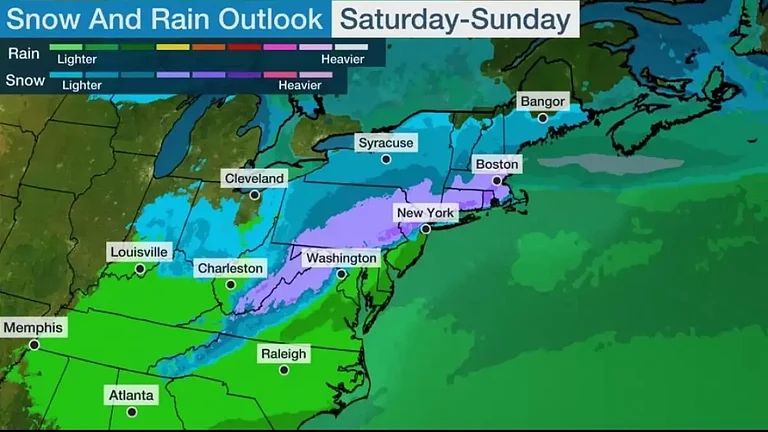India's strides in research on the Arctic, Antarctica and the Himalayas may soon figure in school textbooks, with the Union Ministry of Earth Sciences reaching out to the NCERT to include the latest developments in its curriculum.
Ministry of Earth Sciences Secretary M Ravichandran said the National Council for Educational Research and Training (NCERT) has constituted a committee to bring out the importance of research in these areas in school textbooks.
"We wrote a letter to them … they (NCERT) have recently constituted a committee for bringing out importance of the Antarctica expedition, Arctic and also the Himalayas and some other aspects, including climate change. They are working on it," Ravichandran said during an interaction with PTI editors here.
The Antarctica expedition finds mention in NCERT textbooks but the content hasn't been updated for a long time. There is very limited mention of the ongoing research in the Arctic and the Himalayan regions, too.
In a rationalisation exercise post COVID-19, the NCERT dropped topics such as climate change, monsoon and greenhouse effect from textbooks, triggering a controversy.
The council later clarified that the subjects had been dropped to reduce curriculum load in view of the pandemic and added that the topics would be restored with the release of books based on the new curriculum framework.
These books are currently being worked on and will be available for all classes by 2026.
The Union Ministry of Earth Sciences is hosting the 46th meeting of the ATCM, the highest governing body for Antarctica, and the 26th CEP meeting.
The crucial meets will be held in Kochi from May 20-30 where countries engaged in research in the southern polar region will share the outcome of their scientific pursuits and future plans.
India has two active research stations -- Maitri and Bharti -- in Antarctica. The first research station, Dakshin Gangotri, set up in 1983, had to be abandoned after it sank in the snow.
Thamban Meloth, director of the National Centre for Polar and Ocean Research (NCPOR), said several students involved in the research have been to Antarctica in recent years.
"We have not taken any high school students so far but several senior students involved in the research have been to Antarctica," he said in response to a question.
Asked about possibilities of introducing a programme such as Students on Ice for Indian school students, Meloth said, "It is not logistically feasible. It costs around Rs 1 crore to send a single person to Antarctica … there are lot of other logistical issues too when it comes to high school students.
The Students on Ice programme is run by Canadian educator and environmentalist Geoff Green, under which high school students from across the globe, accompanied by educators and scientists, get an opportunity travel to Antarctica and the Arctic.


























